As Australia ushered in the new year, New South Wales ambulance workers last night grappled with a record-breaking number of calls.
NSW Ambulance Inspector Kay Armstrong told Today last night saw a mix of New Year "mischief" as well as coronavirus-related calls.
The state has today clocked a new daily record, with 22,577 new COVID-19 infections and five coronavirus-related deaths. Hospitalisations have risen to 901, with 79 people in ICU.
READ MORE: NSW COVID-19 cases surge past 20,000 again as hospitalisations rise
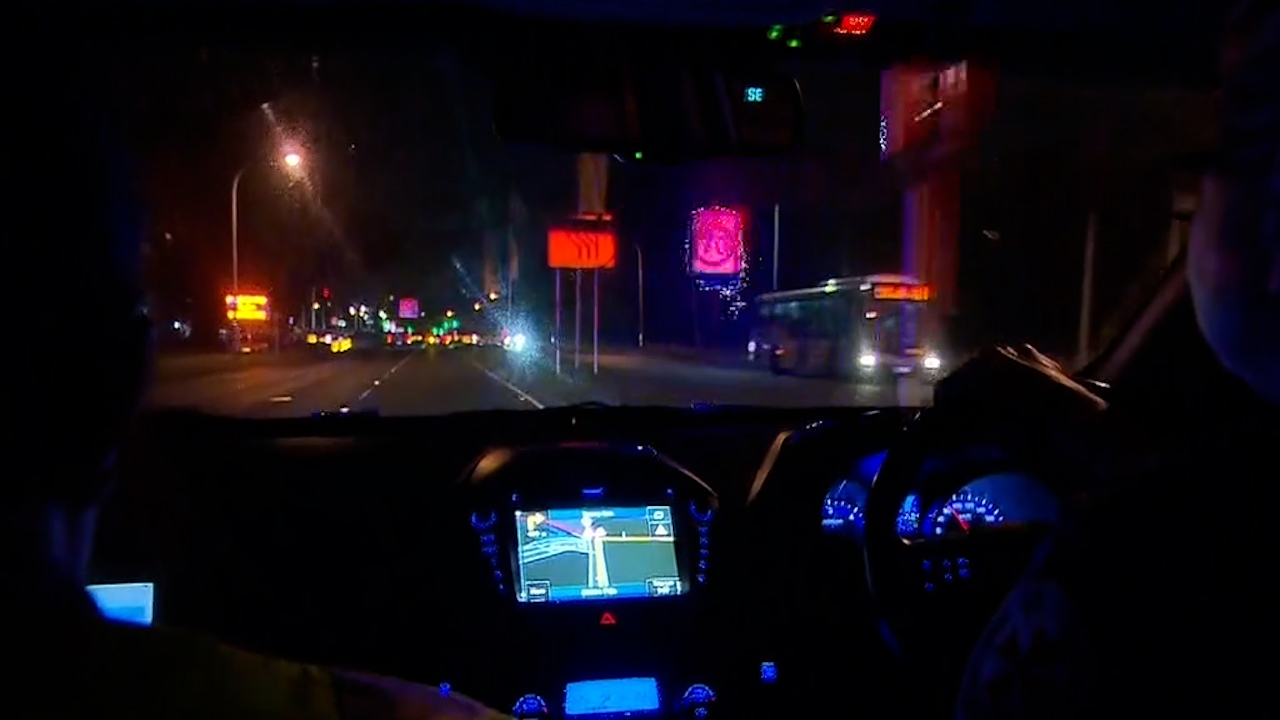
Ms Armstrong has implored residents in the state to save Triple 0 calls for emergencies, saying staff are struggling with fatigue and "relentless" calls.
"It was the first time we have had this many calls in 126 years, so it was certainly busy," she said.
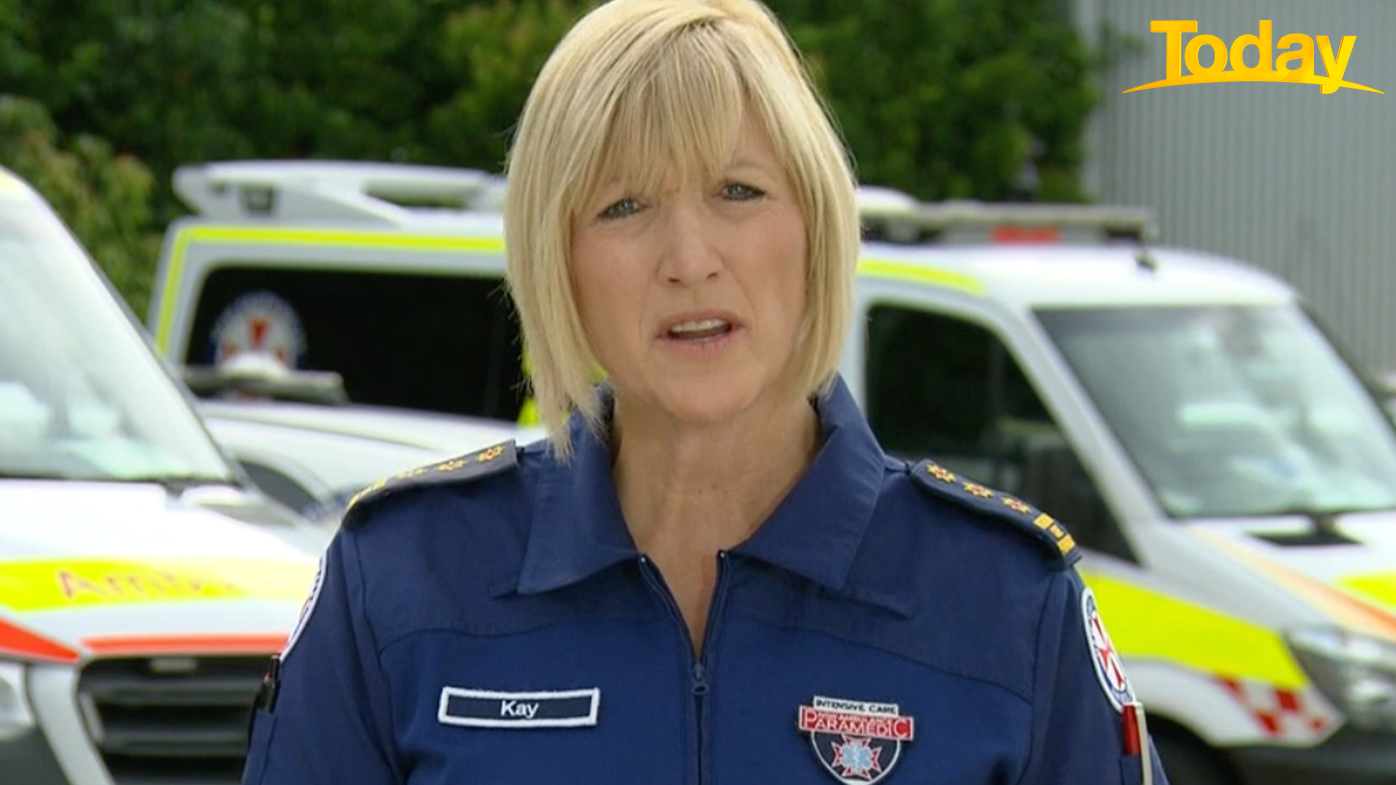
"We have lots of exhausted paramedics out there at the moment, especially now it is summertime.
"The biggest challenges at the moment are the relentless calls and the demands on our crews. They are not having any breaks. They are wearing their PPE into every job which on a day like today is very hot. It is very dehydrating. They are changing their outfits up to 10 times a day.
"That is so demanding on them alone let alone going into homes where COVID is all around them."
READ MORE: What happens if I test positive to a rapid antigen test on day six?
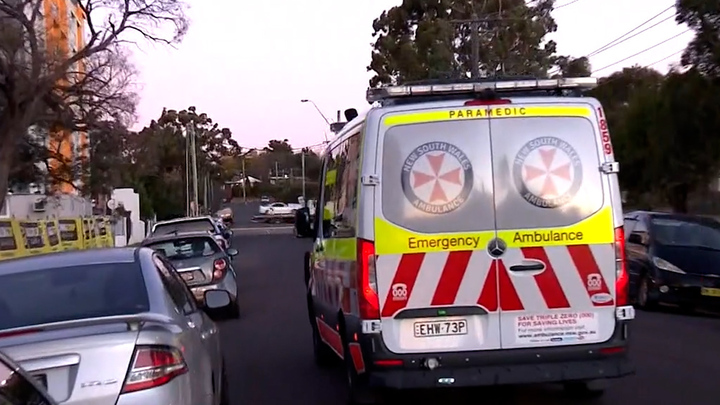
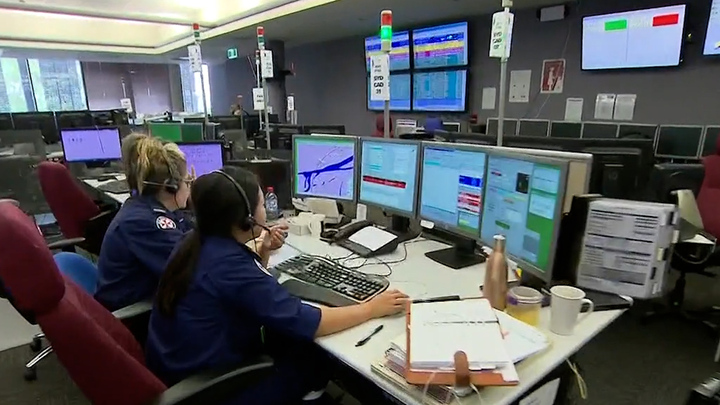
Ms Armstrong said emergency crews are receiving calls for matters such as PCR tests.
"We need to remember to save 000 for emergency calls," she said.
"We are still getting calls unnecessary. If you you can't breathe, if you have chest pain, you are having a stroke, you have had a car accident, they are all reasons for calling 000.
"If you want a result for an individual test, don't call us for those things. If you have mild symptoms and you can treat yourself at home please do so or read Health Direct or the GPs."
READ MORE: Police officers forced out of Queensland cafe during COVID-19 checks
How to manage COVID-19 at home
Director of the Department of Infectious Diseases at Canberra Health Services Professor Sanjaya Senanayake said a COVID-positive result should be treated like a cold until symptoms deteriorate.
"You have to weigh that request being assessed in hospital versed the fact that the hospitals are stretched at the moment," Professor Senanayake told Today.
"If you are young and you have no chronic health conditions, particularly if you are vaccinated, this is likely to be a mild infection like a mild cold or flu.
"Keep your fluids up, make sure you eat well and take paracetamol if you have fevers and rest a lot."
Professor Senanayake went on to describe the symptoms that should prompt a call for help.
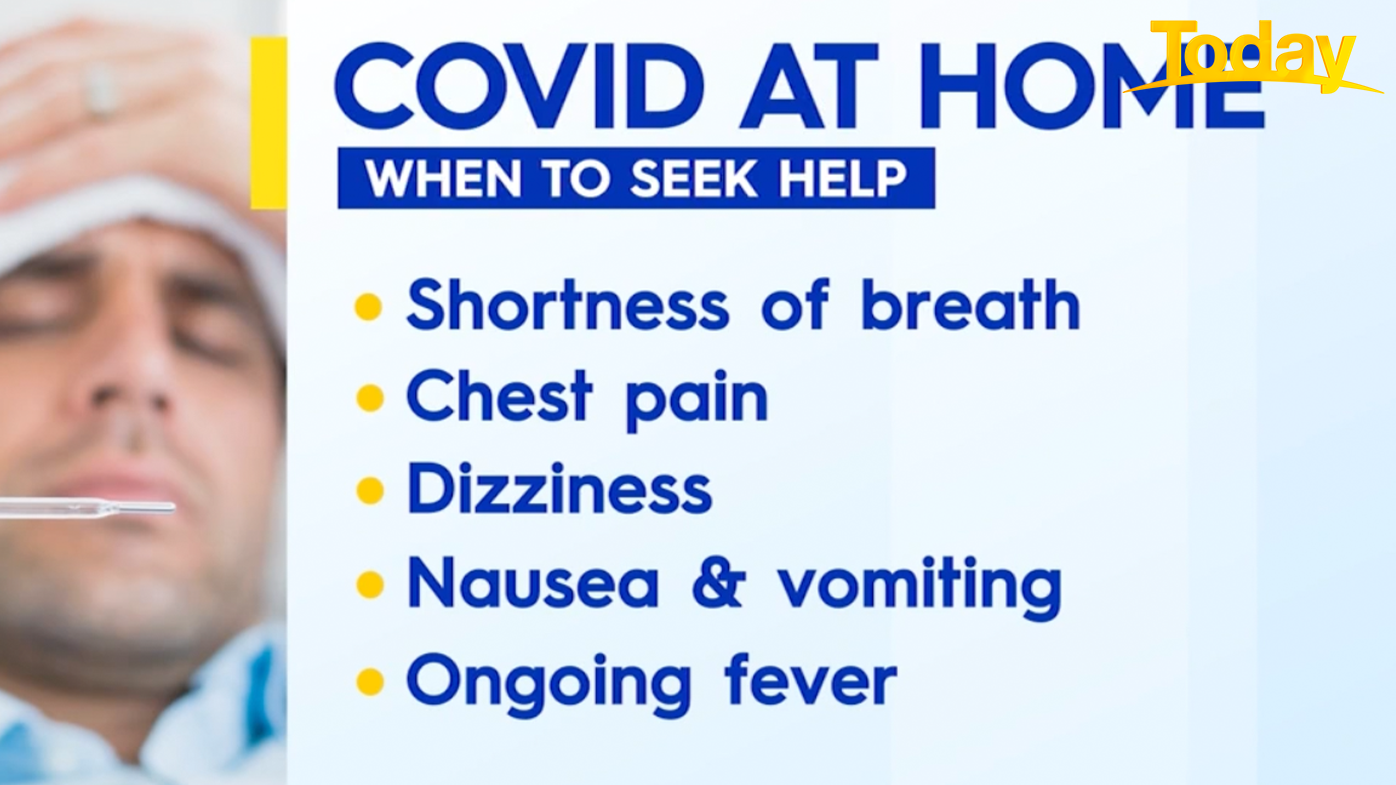
"If you are starting to get entractable fevers, you are becoming more short of breath, you find that you are getting fairly moderate or severe vomiting or diarrhoea and you can't keep your fluids is up.
"If you find you are feeling dizzy or faint when you stand up, they are signs that you should be contacting someone," he said.
Professor Senanayake said it's important coronavirus-positive patients stay calm, and if feeling anxious to call their state hotline for advice.
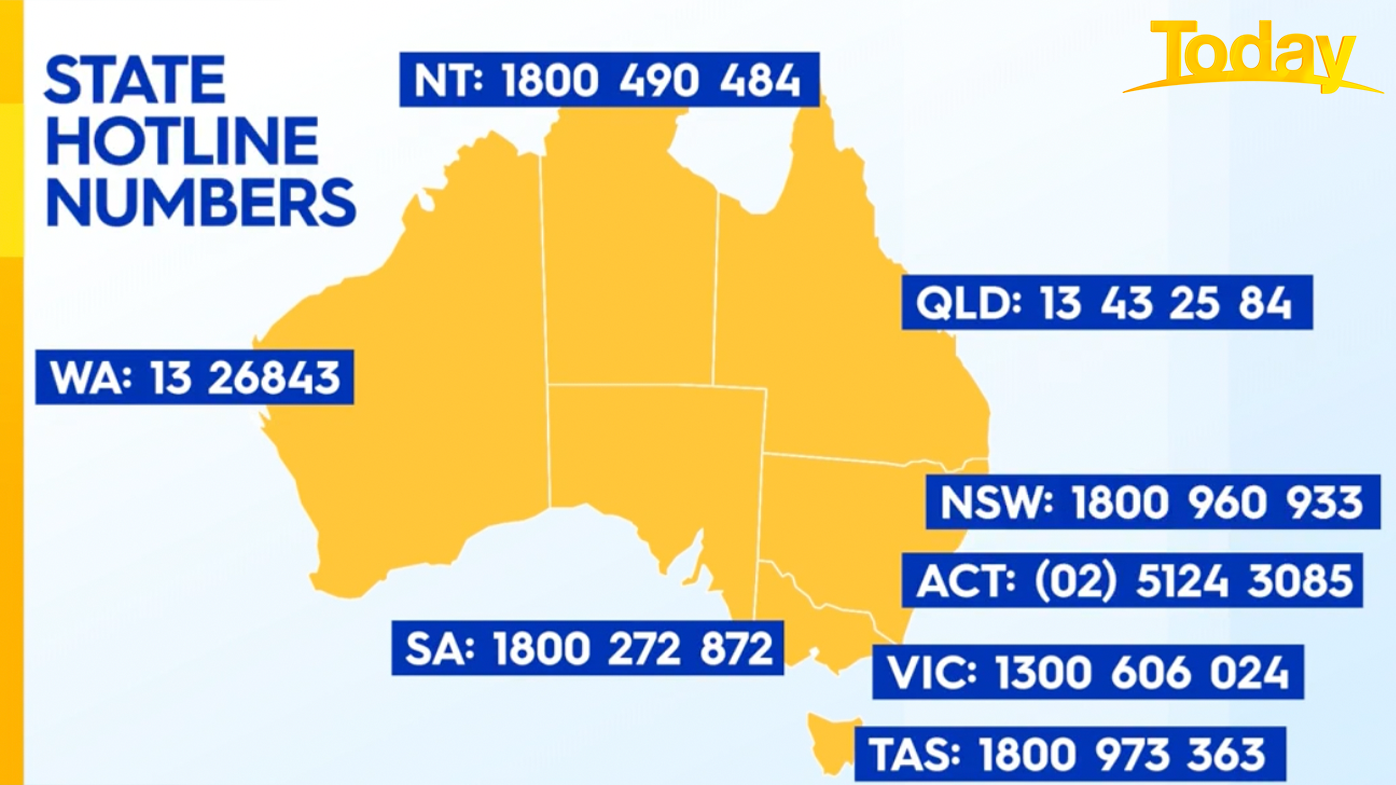
"If you are getting very stressed, anxious or stressed about being isolated and worried about having COVID please call someone," he said.
"If you are stressed at any time, there is in every state and territory a number to call, someone to speak to."
